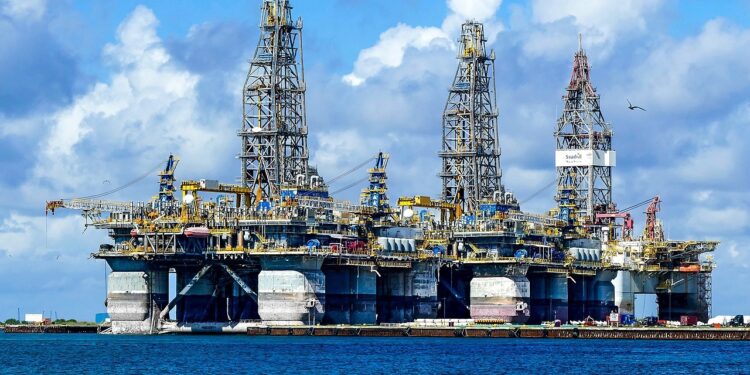‘Europe sanctions Russian oil.’ Statements like this are common in the media (including in my own articles) but they can be misleading. ‘Europe sanctions Russian oil’ makes it sound like there is a single actor, ‘Europe’, who has decided not to buy oil from another actor, ‘Russia’ – in this case because the former disapproves of, or wishes to punish, the latter.
But that’s not what’s going on.
What ‘Europe sanctions Russian oil’ actually means is that European states have prohibited European companies from buying oil from Russian companies. In other words, the embargo involves coercion of European companies by European states. This is not to say it’s unjustified (that’s a separate issue); I’m just pointing out how it really works.
Now, companies are beholden to their shareholders, or to tax-payers if they’re owned by the state. While individual CEOs may have strong, personal convictions for or against the sanctions, they have to do what is best for their shareholders – not what is best for Ukraine, NATO or the West.
So if companies can find a way around the sanctions, while still respecting the letter of the law, they’ll almost certainly take it. They have no interest in complying with the ‘spirit’ of the sanctions. This is particularly true under an oil embargo, since oil is one of the most useful products in the economy.
I previously discussed one way in which companies have been flouting the ‘spirit’ of the sanctions: importing Russian oil that has been mixed with Kazakh oil during transit, and for which they can therefore issue a Kazakh “certificate of origin”.
Recently, someone on Twitter gave this example:
I work as a maritime pilot. Had a Russian ship with oil come into a Dutch port, we passed the breakwaters, swung around and headed out to sea again, to Germany. Magically the cargo was suddenly labelled as ‘Dutch oil’, so the Germans were happy to receive it.
Another way companies can get around sanctions is by buying Russian oil from third parties. It’s well known that India has been importing crude oil from Russia, refining it, and then re-exporting it to Europe at a profit.
Alternatively, other oil exporters can simply buy up the Russian oil themselves. Saudi Arabia has been importing crude oil from Russia, and then setting it aside for domestic consumption. Meanwhile it sells its own oil to Europe at market prices, which greatly exceed those it pays for the Russian oil.
Unless the West literally blockades Russian ports, or manages to convince countries like China, India and Saudi Arabia to go along with an oil-price cap (which seems very unlikely), I can’t see how the embargo will work.











To join in with the discussion please make a donation to The Daily Sceptic.
Profanity and abuse will be removed and may lead to a permanent ban.